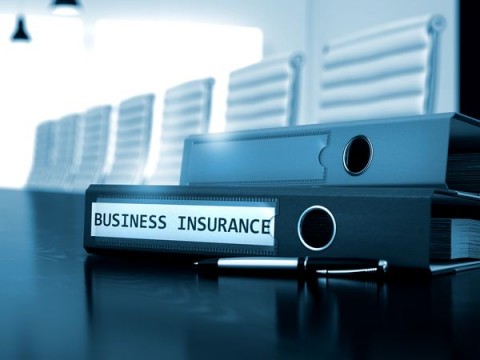Small business owners need commercial insurance coverage that will keep them, their company, employees, and customers safe and protected.
Understanding the types of business insurance that your company should have means having a trusted partner to help you navigate the options, including the level of each coverage needed, whether specialized coverage is required, and how to get the best coverage at an affordable rate.
Here is a closer look at the basic insurance types you should consider to be sure you are covering the insurance needs of your new business.
1. General Liability Insurance
Businesses face the potential for lawsuits for many different reasons: providing a product or service that is defective, employees who damage another person’s property, or injuries that occur to a visitor to the business location or as a result of the business’ work.
General liability insurance protects businesses and their owners from any assessed damages due to lawsuit or settlement, including any medical expenses for those injured. This insurance can also cover attorney fees or other costs associated with defending a lawsuit. This coverage also protects against claims of libel or slander.
2. Property Insurance
Property insurance protects the business against losses due to natural disasters, theft, or fire. It protects not only the buildings but also any furnishings, equipment, machinery, inventory, raw materials, computers, and systems.
3. Workers’ Compensation Insurance
Nearly all states require businesses with more than a few employees to carry workers’ compensation insurance. This coverage protects employees who are injured while working by covering medical bills and providing a percentage of lost wages. When a worker dies on the job, these policies provide compensation for the employee’s beneficiaries.

4. Employee Medical Insurance
Providing medical insurance helps employees cover routine and emergency expenses for medical, dental, vision, and other types of care. There are multiple types of medical plans available with varying employer contributions and benefit levels for participants. Offering medical insurance is an employee benefit that can help attract and retain employees, too.
5. Business Owners’ Policy
If you are looking for one-stop shopping for your insurance needs, then a business owners’ policy might be the best choice. These policies combine all of the most common insurance products into one policy to simplify the process and reduce costs.
Small business owners may want to consider other insurance products that fit their business or needs, including:
- Professional Liability Insurance. Commonly referred to as “errors and omissions” insurance, these policies protect business owners from financial liability due to fraud, malpractice, negligence, or other errors. This insurance is typically used by real estate agents, accountants, financial planners, designers, attorneys, and caregivers.
- Home-Based Business Insurance. This protection can often be added as a rider to a homeowner policy and boosts coverage for liability and business equipment.
- Business Identity Insurance. With the proliferation of data theft, insurance policies can protect businesses from such losses and the costs of notifying affected customers.
- Vehicle Insurance. Company vehicles should be insured to protect from liabilities due to accidents as well as the vehicles themselves.
- Business Interruption Insurance. In the case of a disaster, business operations may be disrupted, due to inaccessible sites and equipment. Business interruption insurance protects companies from lost income during such events.
So, where do you turn for insurance coverage? Benetrends is a proven leader in small business services and we have partnered with a vendor who understand the needs of small business owners and offer services at competitive rates. Learn more today.
